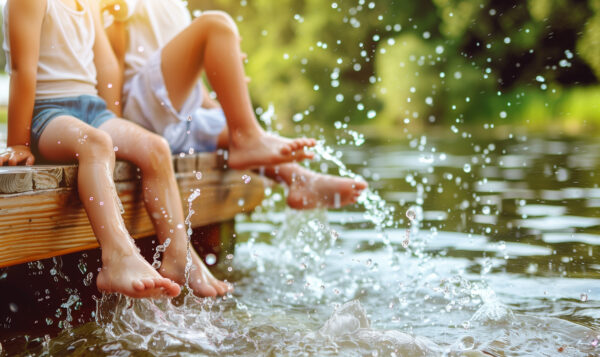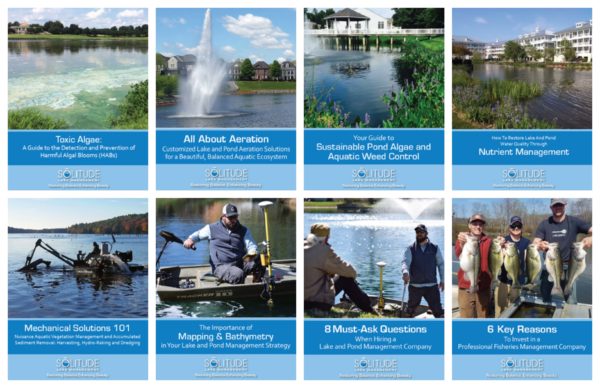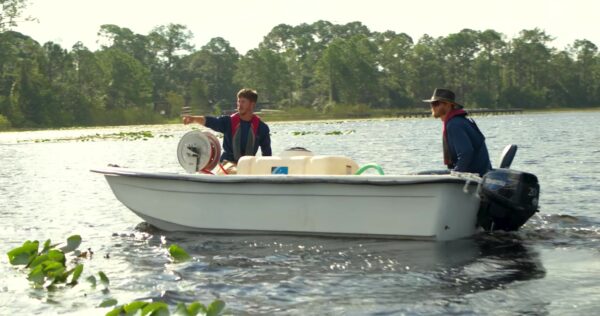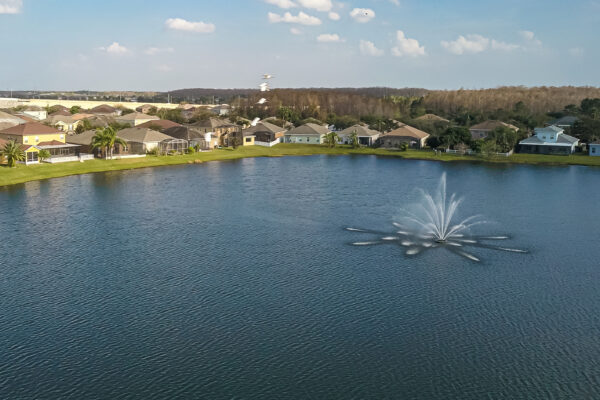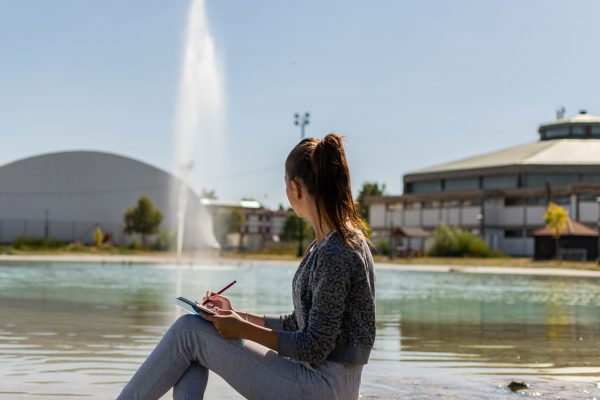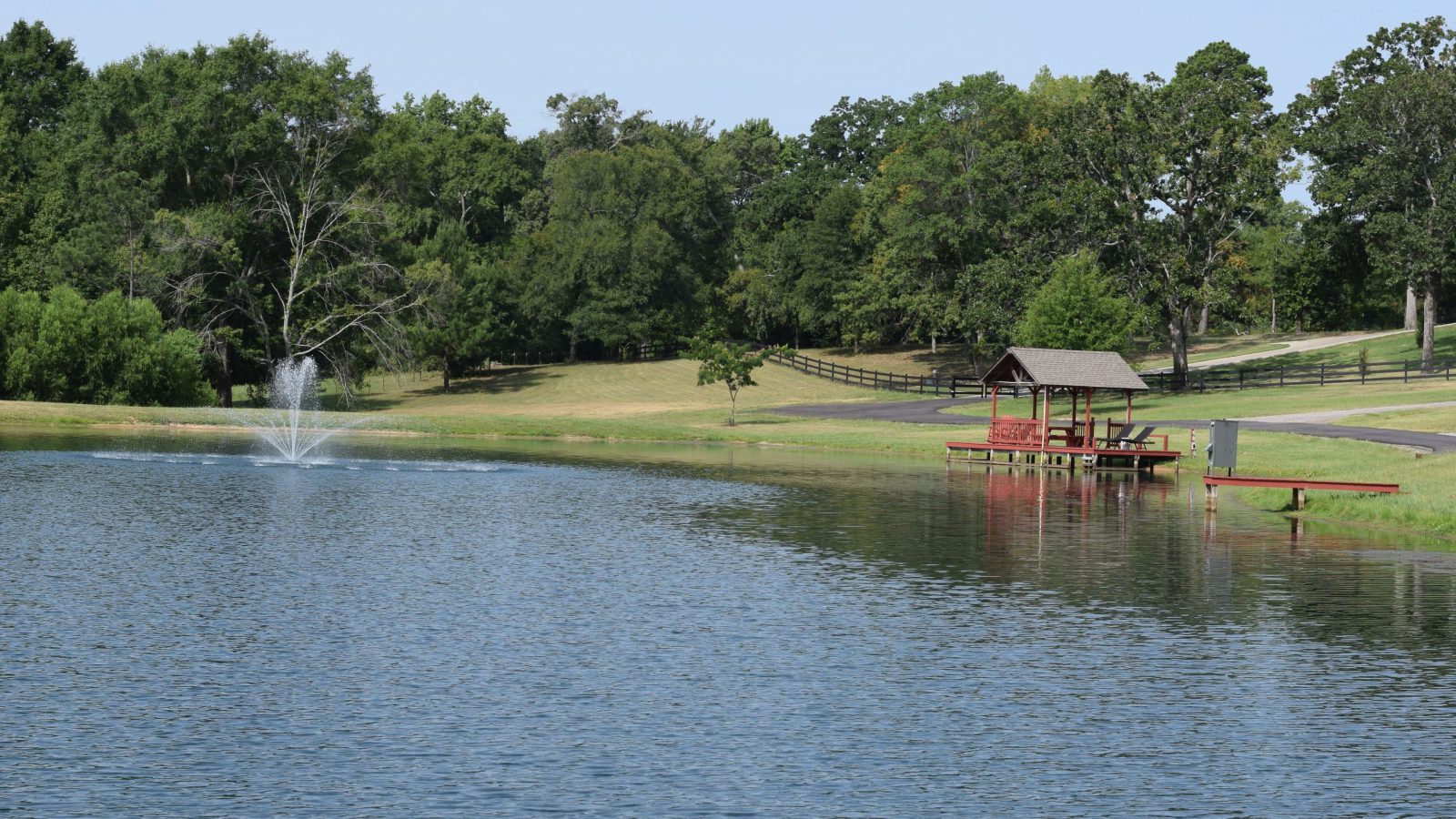
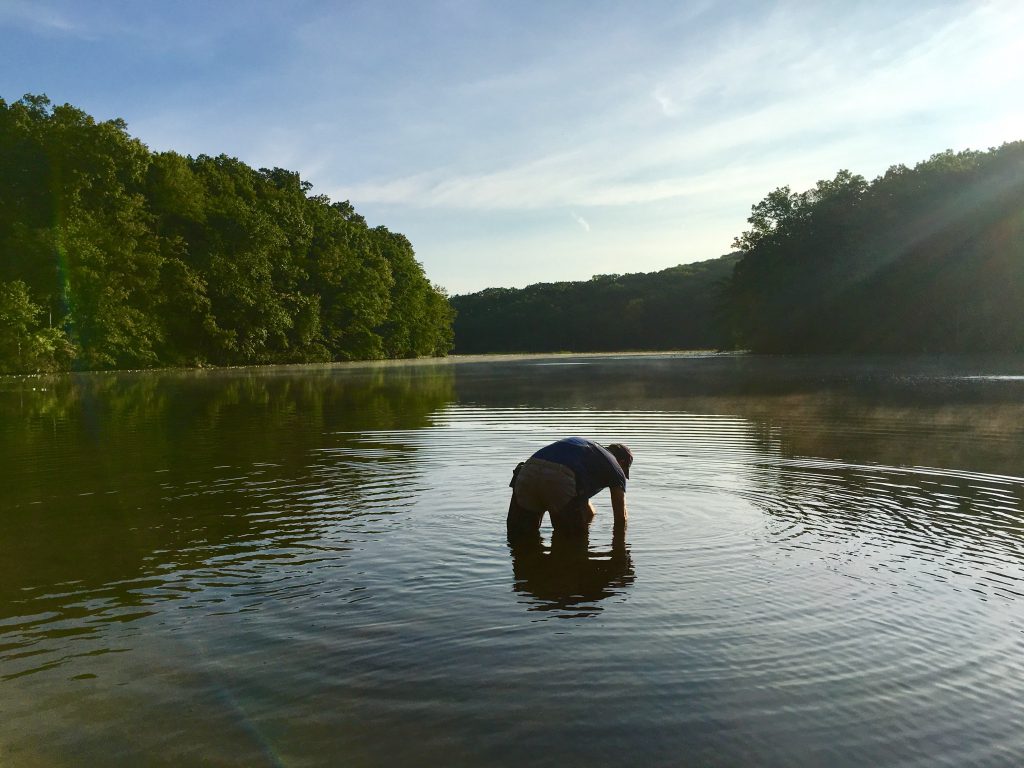
The Pond Management “Do-It-Yourself” Dilemma
Pond management experts are rarely asked to visit a lake or stormwater pond that is in good health. Though it is not a responsible practice, many property managers don’t call us until significant water quality problems have already appeared. I remember the first pond I was called to in my early days as a pond management professional. A neighborhood association was not able to host their annual fishing tournament because their 5-acre pond was completely covered in thick green filamentous algae. When I arrived, the first thing I noticed was a dozen bales of barley straw bobbing in the green slime. I’ve since had many clients tell me they tried this folk remedy for pond algae, but I’ve never seen it work.
In the years following that first site visit, I’ve seen lots of homegrown pond management efforts. Sometimes a jug of algaecide from the local farm store or manual removal of the offending vegetation is all that’s called for. But many times, these “do-it-yourself” (DIY) solutions go horribly wrong—and we get called in after a major fish kill or another avoidable catastrophe as a result.
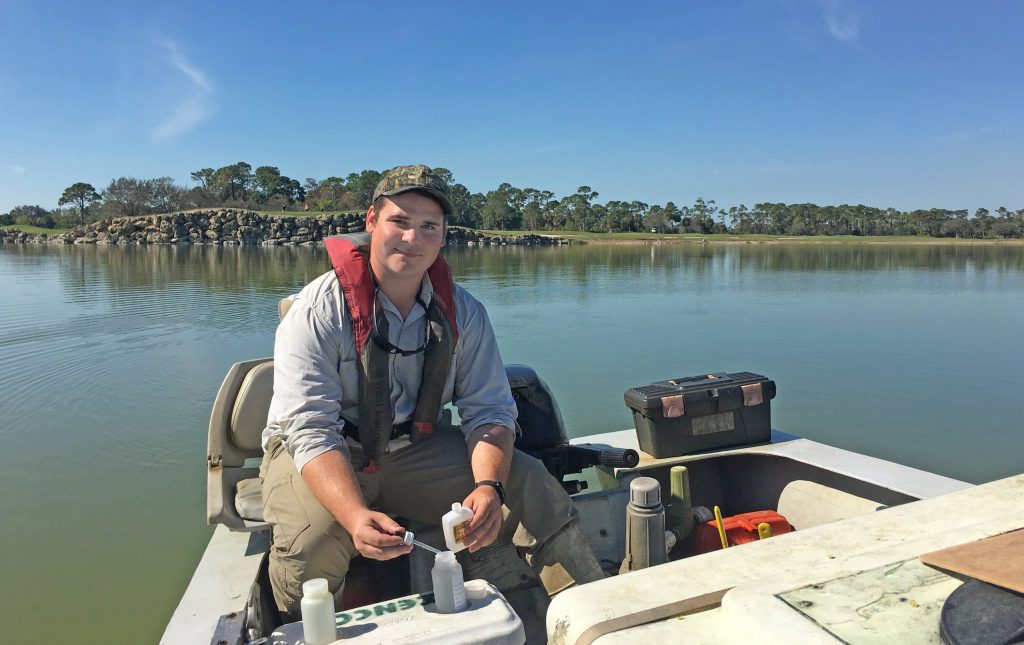
Water Quality Issues
What I’ve found is that most of the time, DIY pond management works out about the same as when I attempt my own automotive repairs. For simple, proactive issues, I can usually do a passable job and maybe save some money, but hiring a professional almost always results in a better, faster, and more reliable result. It isn’t necessarily that a pond management professional has some innate talent that makes them better able to treat water quality issues, any more than a mechanic has an inherently superior aptitude for turning wrenches. In both cases, there are three specific advantages that a professional has over a novice: knowledge, experience, and technology.
You know how a mechanic can open the hood of your car and go directly to the malfunctioning component without having to consult a diagram? Similarly, a well-trained pond manager can immediately identify invasive species or recognize the root cause of deleterious water chemistry. There’s nothing to prevent any pond owner from learning enough about aquatic ecology to diagnose their water quality issues, just like there’s nothing to keep a DIY mechanic from learning how to rebuild a transmission. A professional, however, has the advantage of an extensive education to begin with. A professional also has all the required licenses, such as pesticide applicator licenses, and knowledge of all the required permits and regulations regarding the specific treatments you require. I have seen more than one pond owner wind up in hot water with state regulators by applying herbicides to their ponds without adhering to the relevant codes and laws, which can be quite complicated in some jurisdictions.
Specialized Lake Management Equipment
The last time I went to my mechanic, I had a coolant leak in the heater core of my Jeep. My mechanic found that the issue was not with the heater core, which had been replaced by the previous owner, but with the spring clips that attached the hoses to the core. Apparently, the clips are the traditional technique, but my mechanic has learned over the years that hose clamps are less likely to leak, and I’ve not had a problem since he completed that repair. Similarly, if your pond is the first one you’ve treated, you haven’t seen multiple techniques succeed or fail in similar situations. An experienced professional, on the other hand, has likely seen your problem dozens of times, and remembers everything that’s worked or failed over the years.
But perhaps the greatest advantage that a lake management professional has over a do-it-yourselfer is access to the best equipment and latest innovations. When I work on my own car, I have a jack, a couple jack stands, and a handful of wrenches to work with. My mechanic has hydraulic lifts, specialized tools for working on specific components, and access to the latest diagnostic and aftermarket parts. Likewise, if you’re working on your own pond, you probably have access to certain herbicides and algaecides at your local farm and garden store. Professional pond managers have access to cutting-edge and highly-targeted herbicides and algaecides, specialized equipment and laboratories, purpose-designed boats, the newest products and knowledge of the latest techniques.
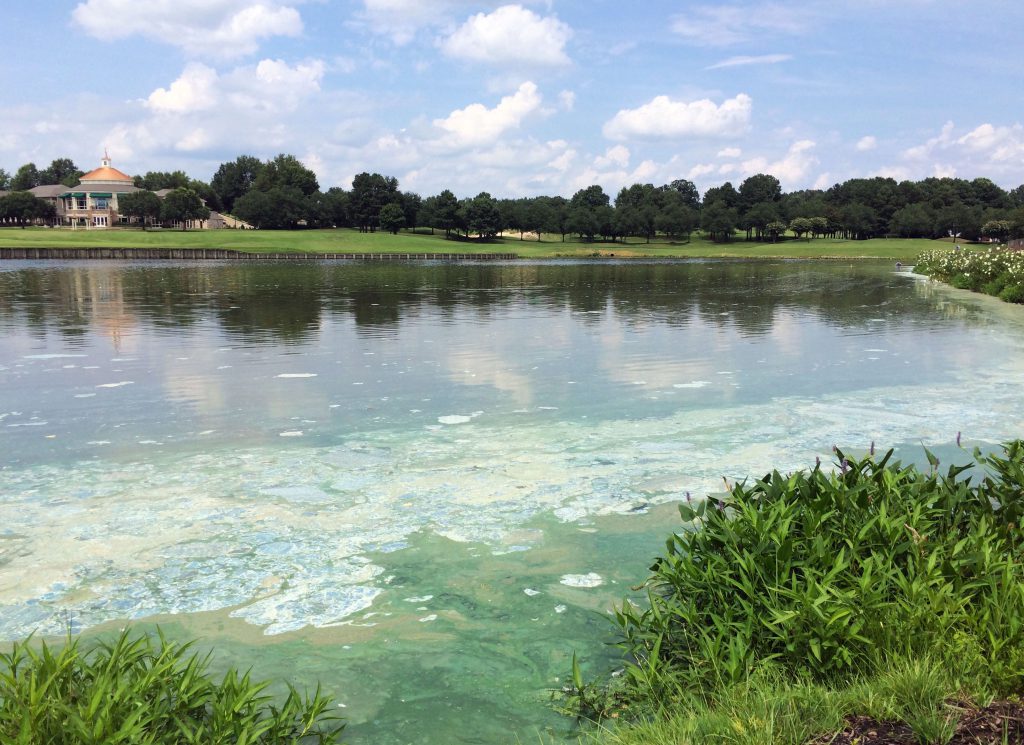
Blue-Green Algae Control
For instance, one of the biggest and most dangerous pond health issues is cyanobacteria, also known as blue-green algae. These single-cell organisms are capable of depleting oxygen, causing fish kills and releasing toxins that are dangerous to humans and wildlife alike. They can, to some extent, be treated with traditional algaecides, but temporary control is usually the best that most people can accomplish on their own. A professional with access to a full suite of pond management technologies can analyze the algae in a laboratory to determine which species are present, the environmental conditions contributing to their virulence, and develop a management protocol tailor-made for the greatest chance of long-term success with the lowest environmental risks.
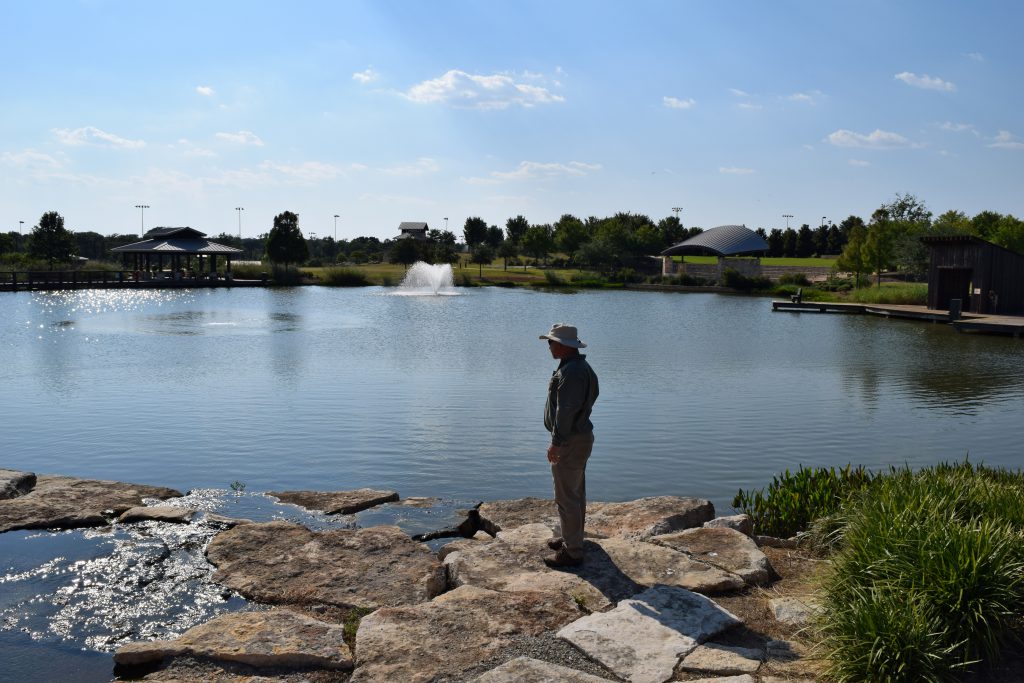
Partnering with SOLitude Reduces Lake Management Risks
The scientific community is constantly advancing new and better products and techniques for tackling environmental challenges, and a competent pond management professional is constantly learning about the newest technologies and adding them to their treatment strategies. For instance, an innovative “reduced risk” herbicide is an excellent solution for the selective removal of specific invasive weeds, but this solution is only accessible to certified lake management professionals. Likewise, a new technology called nanobubble aeration has proved to be highly effective at eradicating nuisance algae and toxic cyanobacteria without the use of chemical pesticides. While this cutting-edge technology is not available to the average property owner handling things on their own, a pond management company can often bring innovations like this to bear and has the knowledge and experience to know when these technologies are the best option for a given situation.
The choice to hire a professional or tackle a problem yourself is one that only you can make. Personally, I change my own oil, but I’m not about to rebuild a transmission. Likewise, many homeowners can safely implement proactive management techniques around their waterbody, but most projects are best executed with the support of a professional’s knowledge, experience and technology.
Who We Are
SOLitude Lake Management is a nationwide environmental firm committed to providing sustainable solutions that improve water quality, enhance beauty, preserve natural resources and reduce our environmental footprint. SOLitude’s team of aquatic resource management professionals specializes in the development and execution of customized lake, stormwater pond, wetland and fisheries management programs that include water quality testing and restoration, nutrient remediation, algae and aquatic weed control, installation and maintenance of fountains and aeration systems, bathymetry, shoreline erosion restoration, mechanical harvesting and hydro-raking, lake vegetation studies, biological assessments, habitat evaluations, and invasive species management. Services and educational resources are available to clients nationwide, including homeowners associations, multi-family and apartment communities, golf courses, commercial developments, ranches, private landowners, reservoirs, recreational and public lakes, municipalities, drinking water authorities, parks, and state and federal agencies. SOLitude Lake Management is a proud member of the Rentokil Steritech family of companies in North America.

